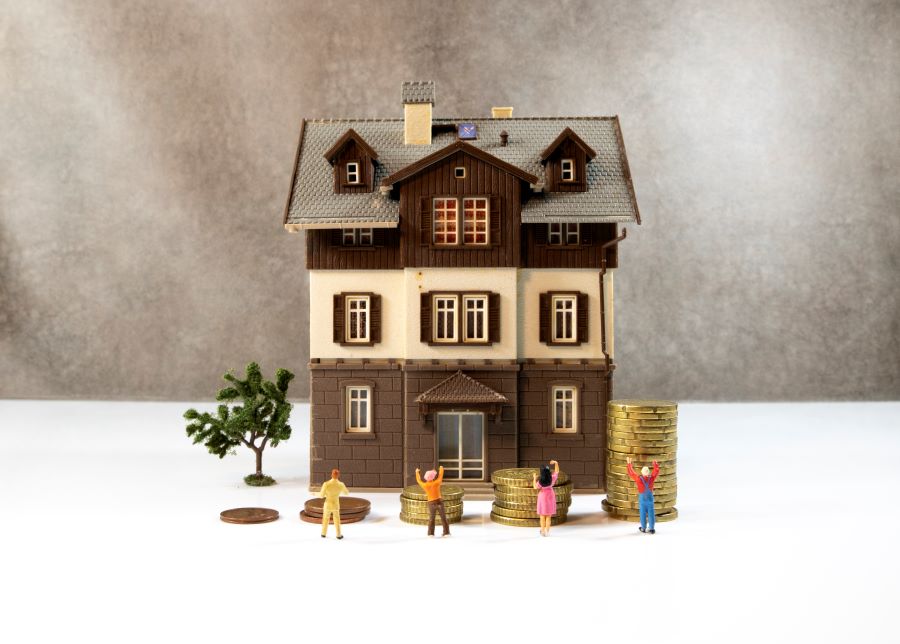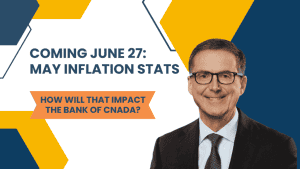Understanding the Costs of Buying and Owning a Property in Canada
Purchasing a property is an exciting milestone, but it’s important to be aware of the various costs that come with it. In addition to your mortgage, there are a number of upfront and ongoing expenses involved in buying and owning a home in Canada. From appraisals and inspections to monthly bills, this guide will walk you through the key costs to expect.
Upfront Costs When Buying a Property
1. Property Appraisal
A property appraisal is often required by lenders to determine the market value of the home. The cost of an appraisal in Canada typically ranges between $300 and $500, though it can vary based on location and the size of the property. In some cases, lenders may cover this cost, but it’s usually the buyer’s responsibility.
A home inspection is an essential part of the buying process. It helps identify any potential issues with the property, such as structural problems or needed repairs. A home inspection usually costs between $400 and $600. It’s a small price to pay for peace of mind and can save you from unexpected expenses down the road.
3. Mortgage Default Insurance
If your down payment is less than 20%, you’ll be required to purchase mortgage default insurance (commonly known as CMHC insurance in Canada). This insurance protects the lender in case you default on your loan. The cost is typically between 2.8% and 4% of the mortgage amount, depending on the size of your down payment, and is usually added to your mortgage payments.
4. Land Transfer Tax
Land transfer tax is a fee paid to the government when a property changes hands. The amount varies by province and municipality but is typically a percentage of the purchase price. In some provinces, first-time homebuyers are eligible for rebates or exemptions on this tax. Be sure to check the specific rates in your area, as this can be one of the larger upfront costs.
5. Legal Fees
You’ll need to hire a real estate lawyer to handle the legal aspects of the transaction, including reviewing the purchase agreement and conducting a title search. Legal fees in Canada typically range from $1,000 to $2,500, depending on the complexity of the purchase.
6. Moving Costs
Moving costs can vary depending on how far you’re moving and how much you have to move. Professional movers may charge anywhere from $1,000 to $3,000 for a local move, and significantly more for long-distance moves. Don’t forget to budget for packing supplies and potential temporary storage as well.
Ongoing Costs After Buying a Property
1. Property Taxes
Once you take possession of the property, you’ll be responsible for paying property taxes, which are based on the assessed value of your home. Property taxes can vary significantly by location, but they typically range from 0.5% to 2.5% of the home’s value annually. These taxes are used to fund local services like schools, roads, and emergency services.
2. Homeowners Association (HOA) Fees
If you purchase a condo or property in a community with shared amenities, you may need to pay HOA fees. These fees cover the maintenance of common areas, landscaping, and other community services. HOA fees can range from $100 to over $1,000 per month, depending on the property and amenities.
3. Utilities
As a homeowner, you’ll be responsible for all utility bills, including electricity, heating, water, and waste disposal. The average utility costs for a single-family home in Canada can range from $150 to $500 per month, depending on the size of the home and the region. Energy-efficient appliances and regular maintenance can help keep these costs down.
4. Home Maintenance and Repair Costs
Regular maintenance and repairs are part of homeownership. Experts recommend budgeting 1% to 3% of your home’s value annually for maintenance costs. This can include everything from routine upkeep like lawn care and cleaning gutters to unexpected repairs like fixing a leaky roof or replacing an appliance.
5. Home Insurance
Home insurance is mandatory if you have a mortgage, and it’s a good idea even if you don’t. Home insurance policies cover damage to your property, theft, and liability for injuries that occur on your property. The cost of home insurance varies depending on factors such as the size and location of the home, but it typically ranges from $800 to $2,500 per year.
6. Mortgage Payments
In addition to these costs, don’t forget your monthly mortgage payment. Your mortgage will likely be your biggest ongoing expense, and it’s important to ensure you can comfortably manage your payments alongside other homeownership costs. Keep in mind that if you have a variable-rate mortgage, your payments may change if interest rates fluctuate.
Conclusion
When buying a property in Canada, it’s important to factor in both the upfront costs of purchasing the home and the ongoing expenses of maintaining it. From appraisals and legal fees to property taxes and maintenance, these costs can add up. Being prepared for all the financial aspects of homeownership will help ensure that you can enjoy your new home without financial stress. If you need guidance on budgeting for your home purchase or mortgage options, contact us at Mortgages for Less!







